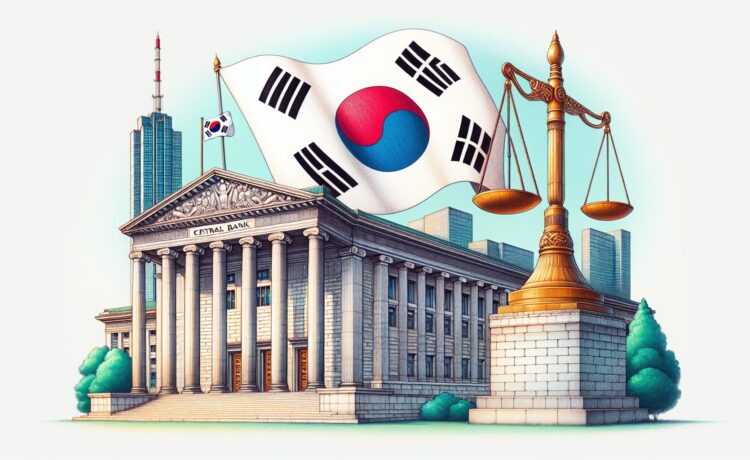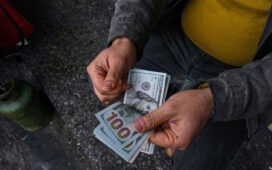Bank of Korea’s head, Rhee Chang-yong, has recently expressed concern over the fluctuations in the value of the Korean won. He regards the instability as excessive and reassures that the central bank is primed to intervene for currency stabilization if required.
Rhee highlights the potential impact of currency rate shifts on small-to-medium businesses and individuals. Recognizing the resilience of the national economy in the face of global uncertainties, he nonetheless stresses the importance of being prepared for potential market volatility and reaffirms the Bank’s commitment to ensuring economic stability.
The central bank is ready to intervene and utilize measures for currency stabilization, signaling its willingness to safeguard the Korean economy. The objective is to minimize the impact of fluctuating currency rates on businesses and consumers, thereby preserving Korea’s economic and social stability.
The concerns of Rhee stem from a variety of external factors causing volatility in the value of the won. Among these include the rising value of the US dollar, escalated Middle East tensions, the weakening of other Asian currencies, and unpredictable market shifts.
Addressing currency fluctuations: Korea’s strategy
Additionally, he is apprehensive about the potential impact of the ongoing US-China trade conflict. These international issues contribute to the uncertainty of the economic future.
In an interview, Rhee expressed concern over the current shift in the monetary exchange rate, which he perceives as excessive and unrelated to market fundamentals. He urged for more systematic and cautious measures to address the potential damages caused by these shifts, underlining the necessity for continuous monitoring.
Rhee touched on the recent amplification of the won reaching 1,382.6 per dollar, a significant increase after the currency hit a seventeen-month low. He also discussed the inherent risks of currency fluctuation and the importance of vigilant monitoring of changes in the global financial market.
To alleviate public concern, Rhee assured that the central bank is ready to implement stabilizing measures when necessary, but not intervene heavily in every market movement. His reassurances aimed to instill public confidence in the central bank’s prudent strategies and policies.
Lastly, Rhee confirmed that South Korea has the support of other domestic agencies and various tools available if a need arises. He cited a strategic meeting with Choi Sang-mok, the Finance Minister, and his Japanese counterpart, Shunichi Suzuki, to emphasize the Bank of Korea’s ongoing commitment to managing the won’s excessive volatility and ensuring financial stability.




